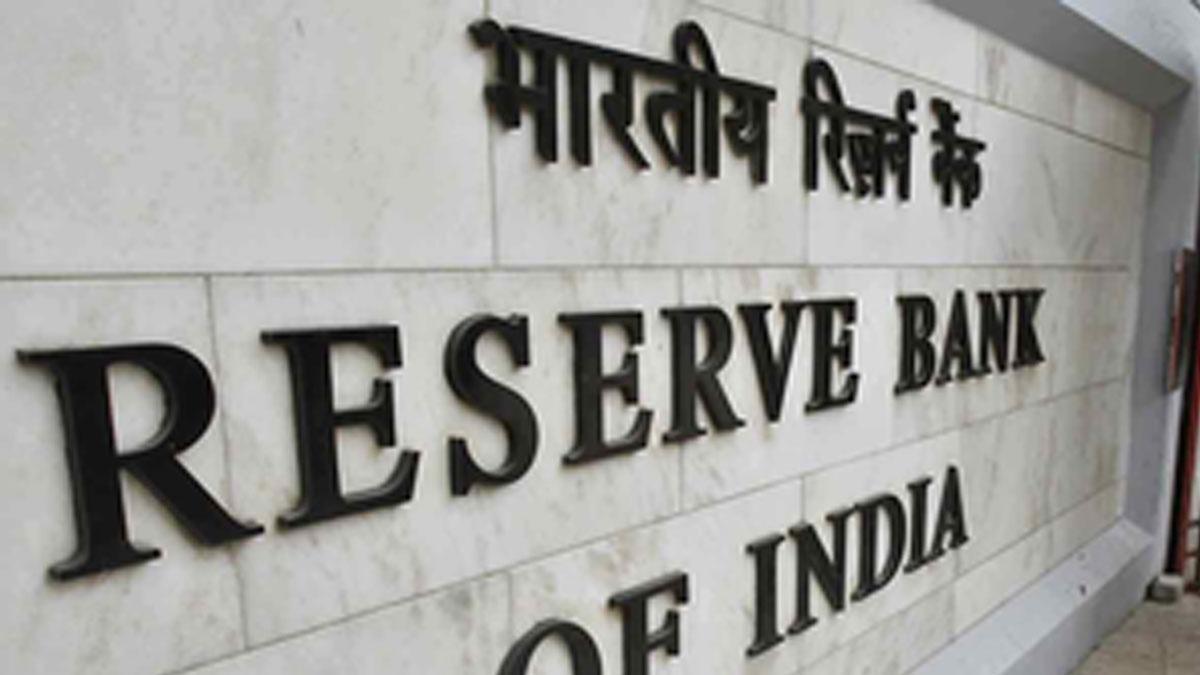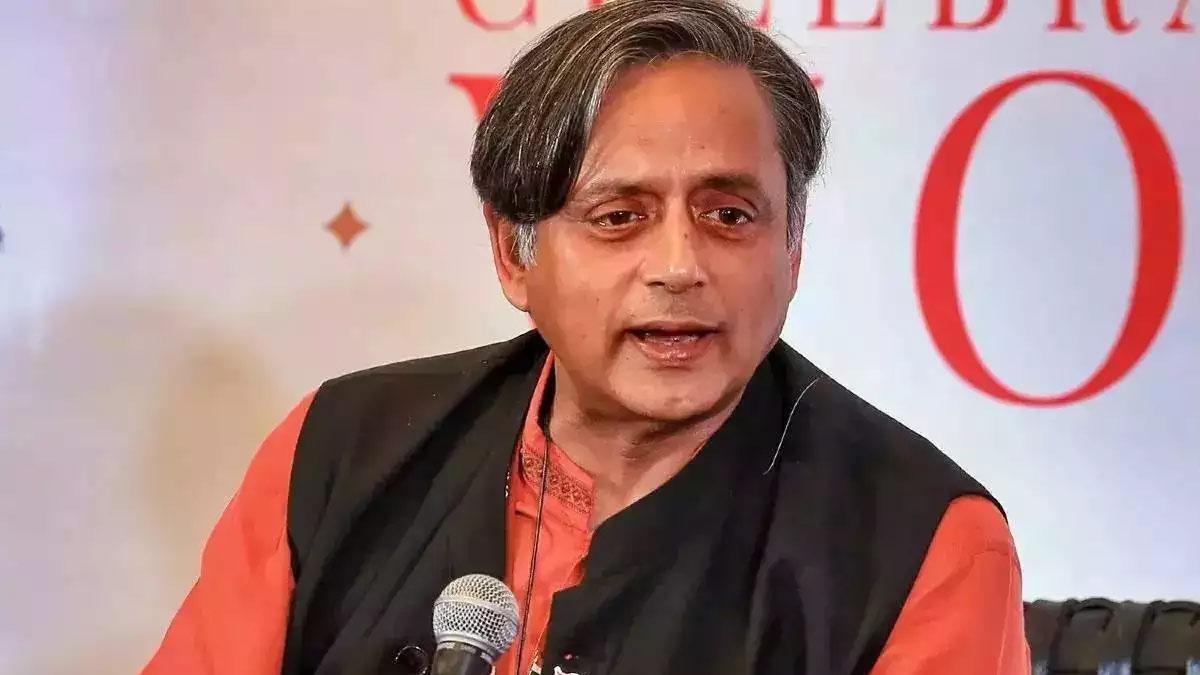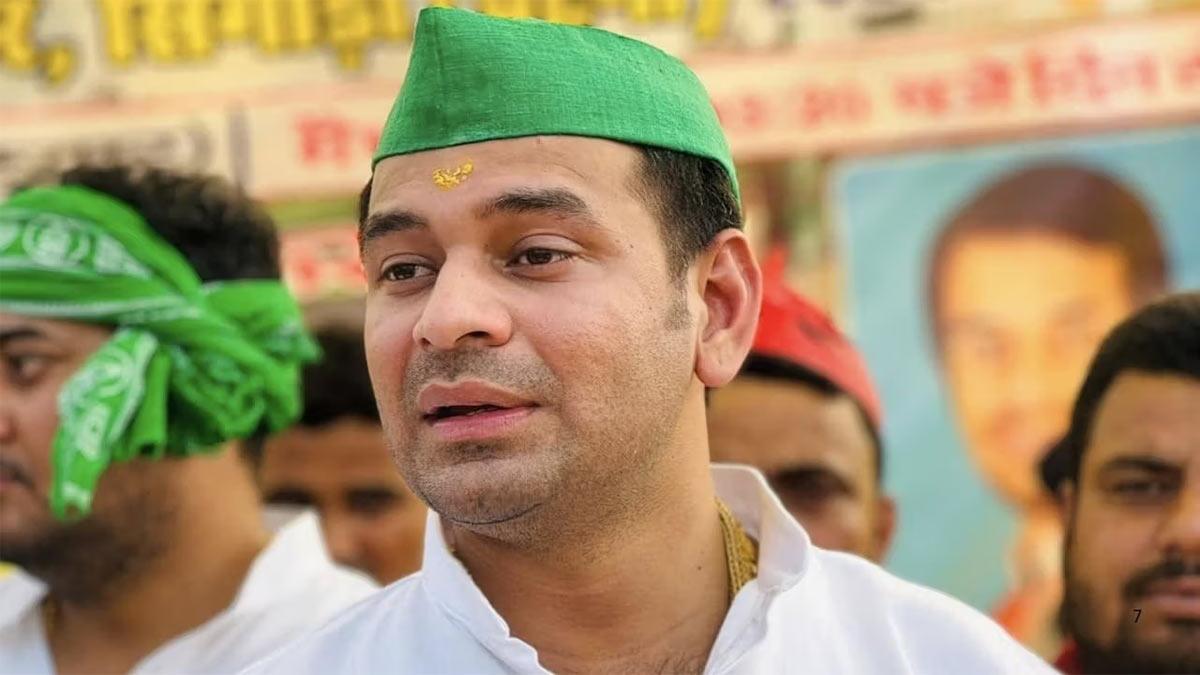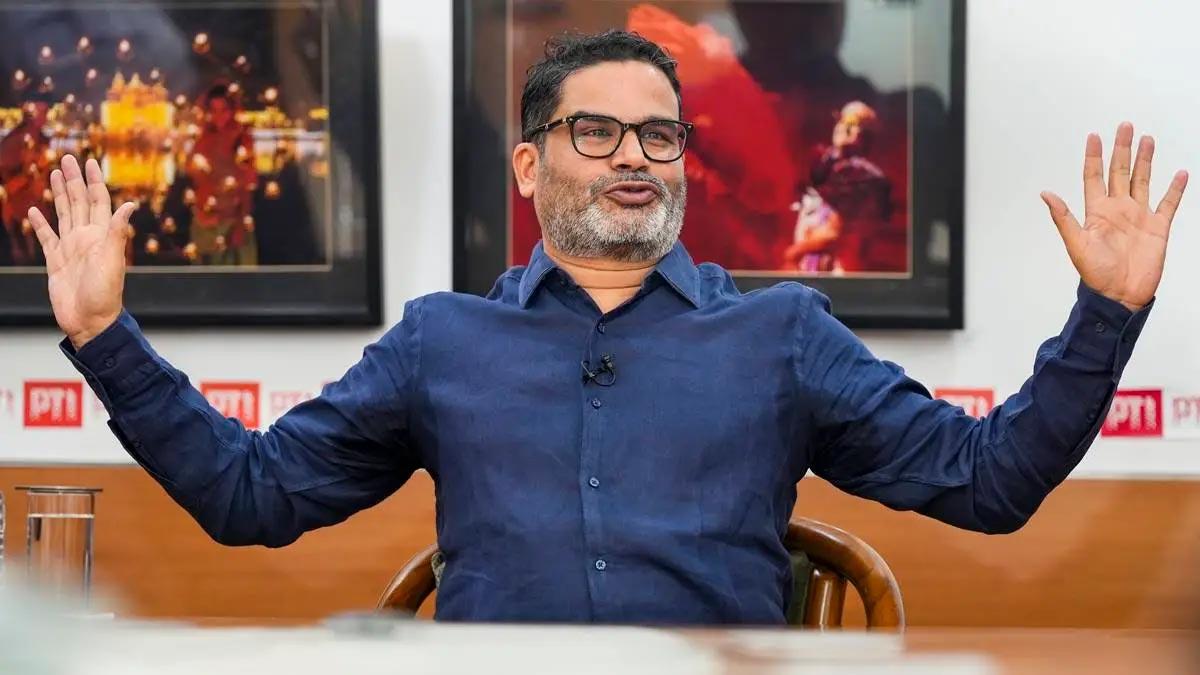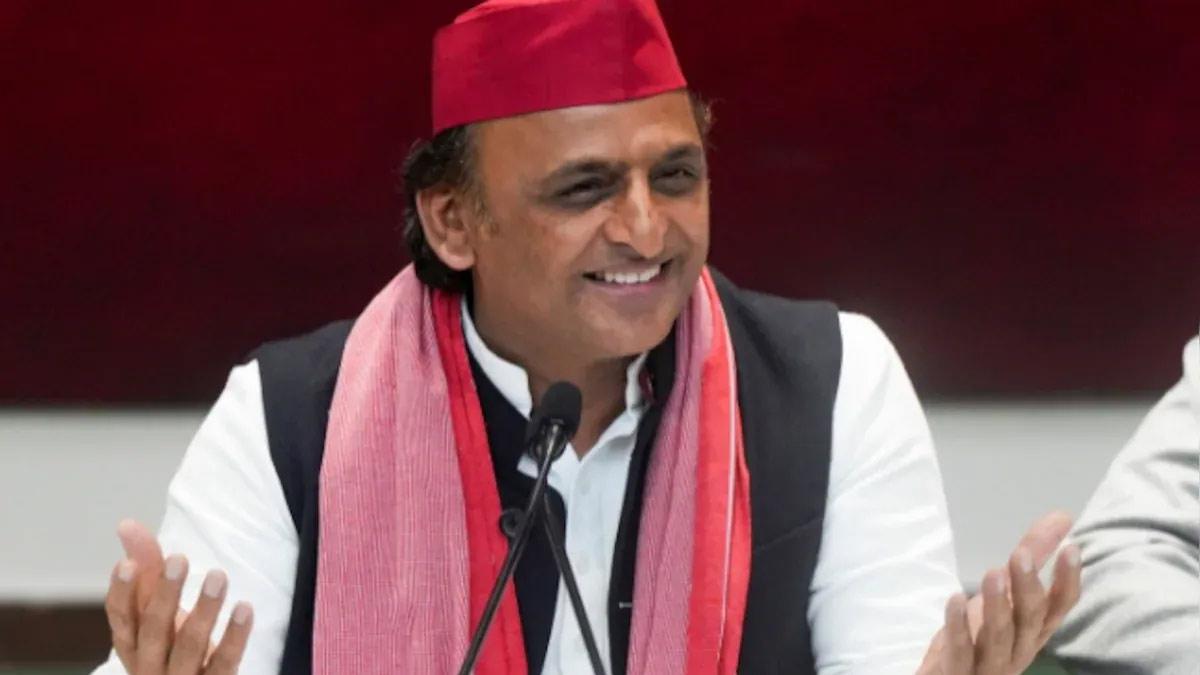The Reserve Bank of India is creating a public database on its website, recognizing digital lenders in the country being operated by its regulated entities to address concerns coming from unauthorized digital lending apps, according to a statement from Governor Shaktikanta Das on Thursday. "Regulated entities will be required to report and keep updated customer data in respect of such lending apps whereby customers can be distinguished based on whether they are verified or unverified," Das said.
Finance Minister Nirmala Sitharaman has advised financial regulators, including the RBI, to adopt further mechanisms to bring the growing monster of unauthorized online lending under control. The minister, in the 28th meet of the Financial Stability and Development Council (FSDC), emphasized that the regulators need to maintain their vigilance and be awake to manage emerging risks to financial stability amidst the changing domestic and global macro-financial conditions.
In fact, the list of authorized digital lending apps was submitted by the RBI earlier this year to MeitY, and the same has been uploaded on the Ministry's website. The list was uploaded with the objective of making it easier for consumers to identify the legitimate lenders and not get exploited by illegal apps.
Illegal money-lending apps cause much ruin by charging way above normal interest rates and also going in for extreme and unlawful recovery methods that include harassment, intimidation, and blackmail, as reported. Borrowers are often harassed like anything, and quite a few of them report even cases of threat, which may include personal data, such as intimate photos, being used to exact repayment.
Google had responded by deleting over 2,200 digital lending apps in the period September 2022 to August 2023 from its Play Store. The company updated its policy so that only apps from RBI-regulated entities or in collaboration with such entities could be considered for a place on the platform.
Read also | RBI Holds Repo Rate Steady for Ninth Consecutive Meeting at 6.5 Percent

